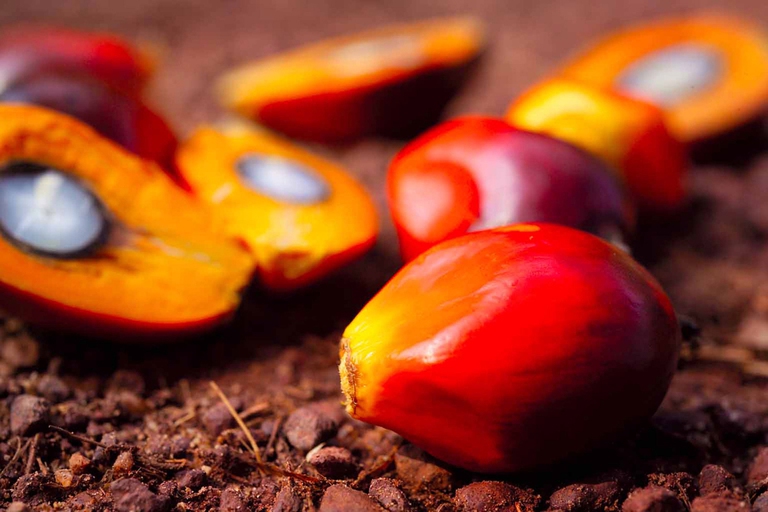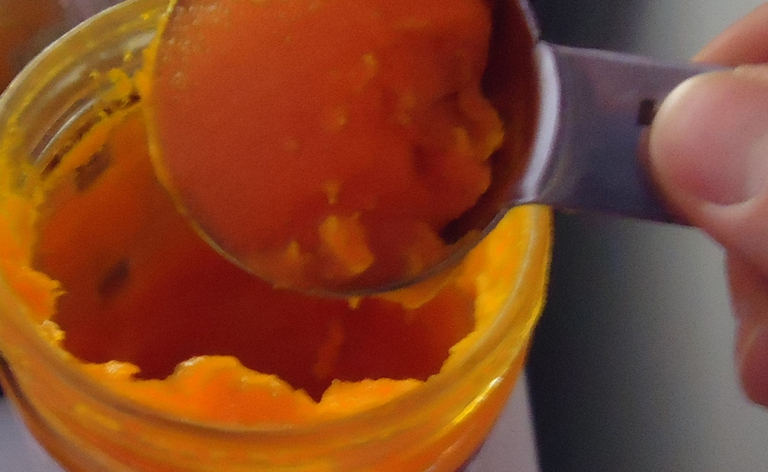
Six years ago, Indonesia was shrouded in smoke from ravaging wildfires. Today, it is cited as a successful case in the fight against deforestation. Yet the balance remains delicate.
In palm oil coming from Ghana via the Netherlands health officers found an illegal carcinogenic and genotoxic dye called Sudan IV.
About a month ago, in October, Ghana’s Food and Drugs Authority has called on consumers not to use palm oil, after identifying a carcinogenic dye known as Sudan IV in 98% of the 50 product samples tested in Ghanaian capital Accra. After that a batch of contaminated palm oil without label from Ghana was taken off the market in the UK in April and then recalled in July, Ghanaian authorities acknowledged that the supplier Miva Lifeline Limited hadn’t requested authorisation to export the product to the EU, where Sudan IV is illegal.
In France, the European Rapid Alert System for Food and Feed, RASFF, found a batch of palm oil contaminated with Sudan IV coming from Ghana via the Netherlands on 30 October 2015. Promptly, Fatto Alimentare reported to the Italian Ministry of Health that there are different brands of palm oil coming from Ghana that can be purchased online on Italian websites, requesting the suspension of imports as a precaution.
It is assumed that the carcinogenic substance, used to dye shoe polish, waxes and solvents red, is added to palm oil to make it look rough, so less processed and richer in healthy antioxidants.
Siamo anche su WhatsApp. Segui il canale ufficiale LifeGate per restare aggiornata, aggiornato sulle ultime notizie e sulle nostre attività.
![]()
Quest'opera è distribuita con Licenza Creative Commons Attribuzione - Non commerciale - Non opere derivate 4.0 Internazionale.
Six years ago, Indonesia was shrouded in smoke from ravaging wildfires. Today, it is cited as a successful case in the fight against deforestation. Yet the balance remains delicate.
After a legal battle that lasted two years, Indonesia’s Supreme Court has revoked the permit to mine for coal in the forests of South Kalimantan in Borneo.
Un video girato in Indonesia mostra la disperata reazione di un orango che prova a fermare a mani nude un bulldozer che sta devastando il suo habitat.
Bornean orangutans (Pongo pygmaeus) are dying at unprecedented rate, inexorably approaching extinction. And even if we think we aren’t, we actually are and will always be involved in the disappearance of one of the Planet’s most charismatic and most loved species. A new study published in the journal Current Biology reveals that more than 100,000
Il documentario Before the flood evidenzia il ruolo della diffusione incontrollata delle coltivazioni di palma da olio nell’inquinamento emesso dall’Indonesia.
Leonardo DiCaprio is unstoppable, and so is his commitment to protecting the environment, even if it may cost him being banned from Indonesia. The country’s government was angered by a series of photographs the Oscar-winning actor posted on social media. These were taken during his visit to Gunung Leuser National Park in the province of
La deforestazione, le piantagioni di palma da olio e il conflitto tra uomo e oranghi. Una delle peggiori crisi ambientali del pianeta racchiusa in un’immagine.
Indonesia is going through an unprecedented crisis due to fires. Forests, which are often virgin, have been burnt to make space to oil palm plantations. Air is unbreathable. The typical colour of the environment is sepia, no filter needed. Six provinces of the country have already declared a state of emergency and thousands of people are
As fires in Indonesia intensify, schools have been closed and flights have been cancelled while a thick smoke haze is blanketing the country, due to burning forests.









